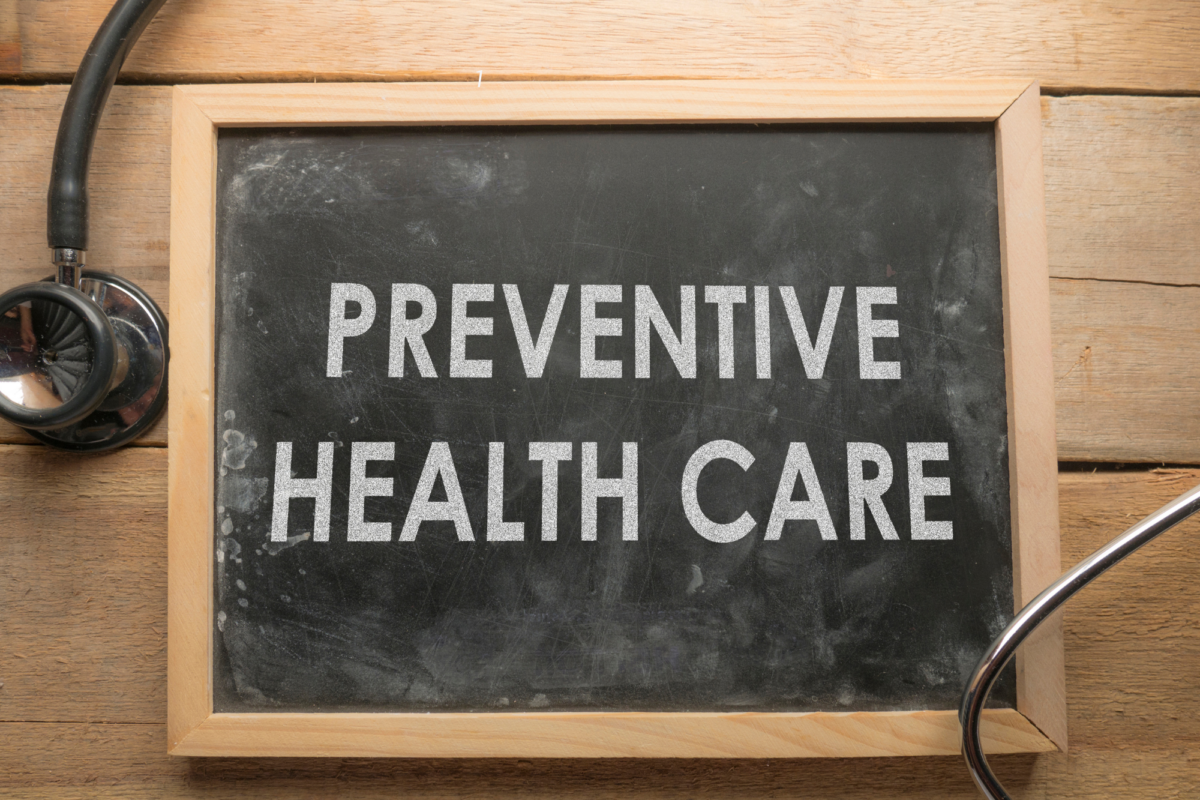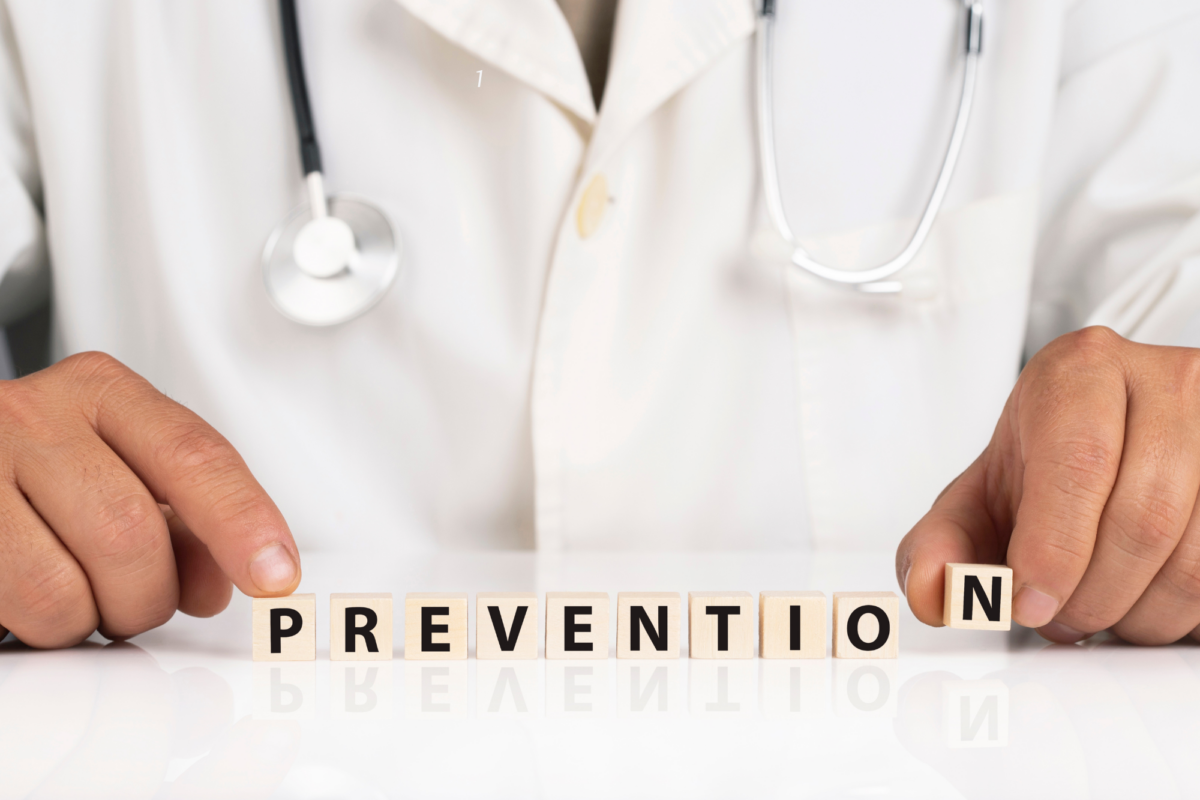Prioritizing Prevention: The Lifesaving Benefits of Preventative Care

In the realm of healthcare, prevention truly is the best medicine. While reactive care focuses on treating illnesses and managing symptoms after they arise, preventative care aims to stop health problems before they start, ultimately saving lives and improving quality of life. In this blog post, we’ll explore the myriad benefits of preventative care, its impact on individual and community health, and why prioritizing prevention is crucial for overall well-being.
Early Detection and Intervention:
One of the primary benefits of preventative care is its ability to detect health issues early, when they are most treatable. Routine screenings, check-ups, and diagnostic tests allow healthcare providers to identify risk factors, detect diseases in their earliest stages, and intervene before they progress to more advanced or serious conditions. Early detection enables prompt treatment and management, improving outcomes and reducing the risk of complications.
Prevention of Chronic Diseases:
Many chronic diseases, such as heart disease, diabetes, cancer, and hypertension, are preventable or manageable through lifestyle modifications and early intervention. Preventative care focuses on addressing risk factors such as poor diet, sedentary lifestyle, smoking, and obesity through education, counseling, and behavior change interventions. By promoting healthy habits and addressing modifiable risk factors, preventative care can help prevent or delay the onset of chronic diseases, reducing healthcare costs and improving quality of life.
Immunizations and Disease Prevention:
Vaccinations are among the most effective tools for preventing infectious diseases and protecting public health. Preventative care includes immunization schedules for children and adults, ensuring that individuals are vaccinated against diseases such as measles, influenza, HPV, and pneumococcal infections. By maintaining high vaccination rates within communities, preventative care helps prevent the spread of contagious diseases, protect vulnerable populations, and achieve herd immunity.
Health Promotion and Education:
Preventative care goes beyond screenings and vaccinations to include health promotion and education initiatives that empower individuals to take control of their health. Healthcare providers offer guidance on healthy lifestyle choices, disease prevention strategies, and risk reduction techniques tailored to each individual’s needs and circumstances. By promoting health literacy and empowering patients to make informed decisions about their health, preventative care fosters a culture of proactive wellness and self-care.
Cost Savings and Healthcare Efficiency:
Investing in preventative care yields significant cost savings over the long term by reducing healthcare expenditures associated with treating preventable diseases and complications. Preventative interventions are generally more cost-effective than reactive treatments, as they focus on addressing health issues before they escalate to more advanced stages requiring intensive medical interventions. By prioritizing prevention, healthcare systems can allocate resources more efficiently, improve health outcomes, and reduce the burden of preventable diseases on individuals and society.
Improved Quality of Life and Longevity:

Ultimately, the goal of preventative care is to improve quality of life and promote longevity by preventing illness, preserving health, and optimizing well-being. By addressing risk factors, promoting healthy behaviors, and detecting diseases early, preventative care helps individuals live healthier, more fulfilling lives with fewer health-related limitations. By investing in prevention, individuals can enjoy greater vitality, independence, and longevity, allowing them to thrive and contribute to their communities for years to come.
Conclusion:
In conclusion, preventative care is a cornerstone of effective healthcare delivery, offering numerous benefits for individuals, communities, and society as a whole. By focusing on early detection, disease prevention, health promotion, and cost-effective interventions, preventative care saves lives, reduces healthcare costs, and improves quality of life for all. Let us prioritize prevention as the foundation of a healthier, more resilient future, ensuring that everyone has the opportunity to live their best, healthiest life possible.
